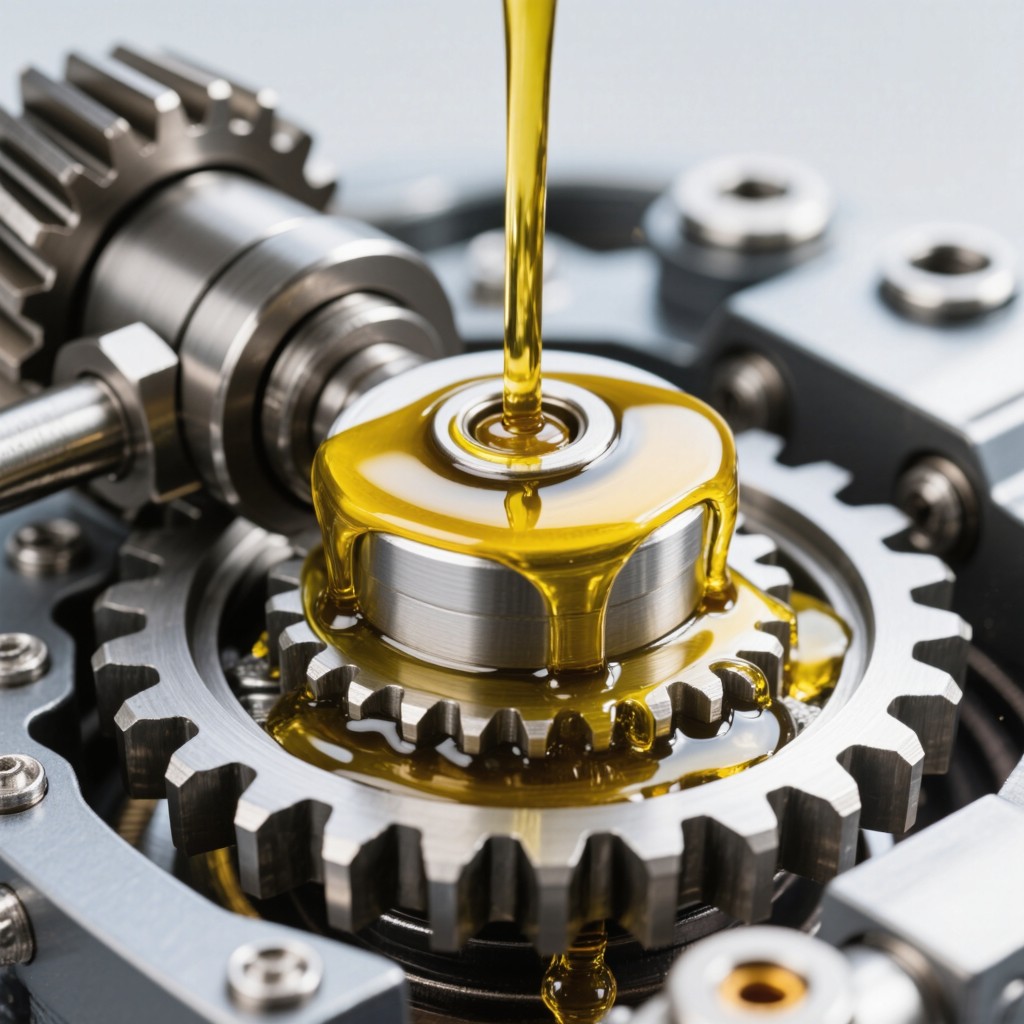E-mail seo@sino-purification.com

Time:2025-11-27 14:21:58 Reading volume:
Can an Oil Filter replace an Oil Change? Why Filtering Engine Oil Is Not Recommended for Daily Vehicles
Many people wonder whether an external oil filter or oil purification machine can “restore” used engine oil and reduce the frequency of oil changes. While oil filters can clean engine oil, they cannot replace a proper oil change — and using them for everyday driving is generally not recommended.

Before deciding whether an oil filter can extend oil life, you must understand the fundamental difference between purifying oil and replacing oil.
Oil Filtration = Removing Physical Impurities
Oil purification systems (centrifugal oil filter, external oil purifier, inline filtration machine) can remove:
Metal shavings
Carbon particles
Dust
Certain moisture
However, they cannot remove the chemical degradation that occurs inside the engine.
Oil Replacement = Restoring Full Oil Performance
Used engine oil contains:
Acidic byproducts from oxidation
Fuel dilution that lowers viscosity
Depleted additives (detergents, anti-oxidants, anti-wear agents)
Sludge and varnish from thermal breakdown
Any oil filter cannot reverse these chemical changes. Only a full oil change restores:
Fresh base oil
Full additive package
Proper viscosity and protection
This is why filtration can clean oil, but cannot make old oil new again.
Oil purification equipment is commonly used in industries where equipment runs continuously or where oil volumes are extremely large.
Large Industrial Machinery & Marine Engines
Oil volume: Hundreds to thousands of liters
High shutdown cost
Continuous operation requirement
Using a circulating oil filter greatly extends oil life while maintaining equipment protection. This is economical and practical.
Racing and High-Performance Applications
Race teams use:
External oil filtration
Oil analysis tools
They remove metal wear particles between runs to assess engine condition. This is a short-term rescue method, not a substitute for regular oil changes.
Some engineers and enthusiasts use:
Ultra-high-efficiency bypass filters
Frequent oil testing
This is for research purposes, not everyday consumer vehicles.
Even though oil filters can remove debris, they cannot solve the core issues of chemical degradation. Here’s why daily drivers should avoid relying on filtration instead of oil changes.
Engine oil additives:
Prevent wear
Clean deposits
Resist oxidation
Once additives are consumed, no filter can restore them. The oil may look clean, but performance is severely weakened.
Filtration removes dirt.
Oil changes remove:
Acid
Fuel dilution
Oxidation byproducts
Depleted additives
The chemical lifespan of the oil cannot be reset by filtering.
High-quality filtration systems are expensive and require technical knowledge. In contrast, a regular oil change is:
Cheap
Simple
Effective
Improper filtration can cause:
Air entrainment
Secondary contamination
Incorrect oil flow
Pressure issues
This may damage the engine far more than old oil.
For private passenger cars, the best practice is simple:
✔ Change your engine oil at the recommended intervals.
✔ replace the oil filter every time you change the oil.
Oil purification machines are professional tools designed for heavy-duty or industrial environments — not for routine car maintenance.
Conclusion: Filtration Can Clean Oil, But It Cannot Renew Oil
For long-term engine health and reliability, regular oil changes remain the most effective maintenance strategy.
Root Causes of Loss of Control in Vacuum Oil Purification Systems
How Industrial Oil Filters Remove Water and Impurities: A Comparison of Technical Principles
How to Choose the Right Industrial Oil Purifier: A Comprehensive Buyer’s Guide
How to Choose the Right Oil Purifier for Different Oil Types?
Double-Stage Vacuum Pumping: The Complete Guide to Transformer Maintenance